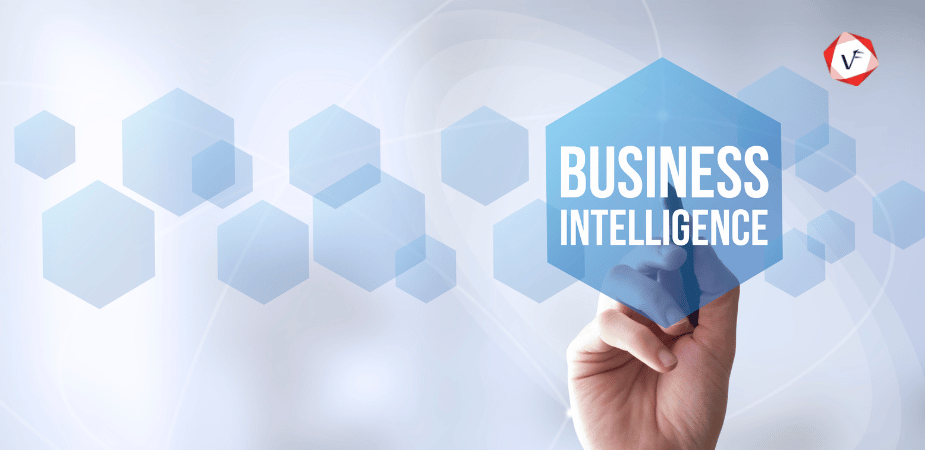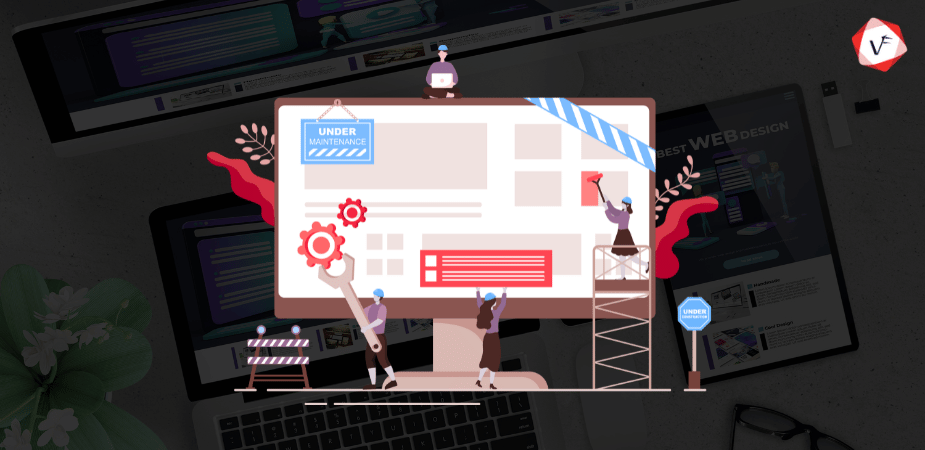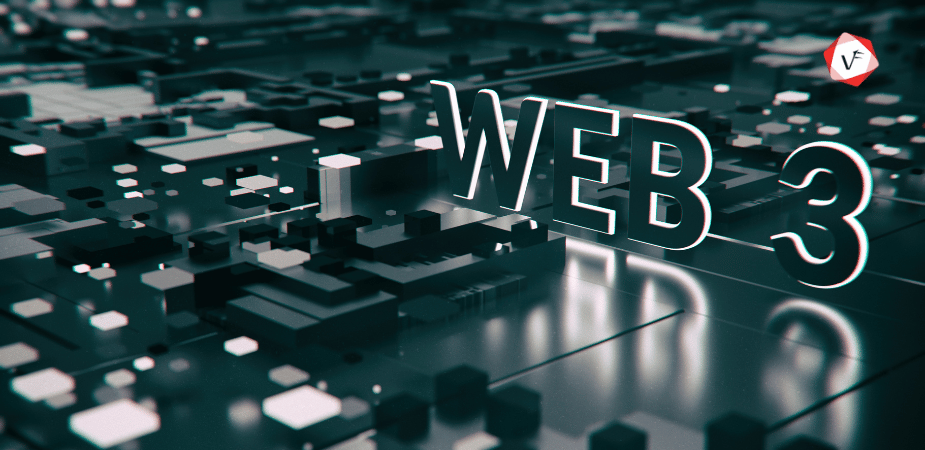The rise of artificial intelligence (AI) has sparked widespread concern about the future of employment. As technology advances, questions about whether AI will steal your job have become more prevalent. The question of whether AI will steal your job is complex and multifaceted. While AI will undoubtedly lead to job displacement in certain industries, it will also create new opportunities and transform existing roles. Hence, AI presents both challenges and opportunities for the future of work. This article examines the various aspects of AI’s impact on the job market, examining both the potential threats and opportunities that lie ahead.
Understanding AI & Its Capabilities
Artificial intelligence, often referred to simply as AI, involves the creation of machines and software that can perform tasks requiring human intelligence. These tasks include learning, problem-solving, understanding natural language, recognizing patterns, and making decisions. Machine learning (ML), a subset of AI, involves algorithms that allow computers to learn and improve from experience without being explicitly programmed.
AI technologies are being rapidly adopted across various industries. For instance, in manufacturing, AI-driven robots can assemble products with precision and efficiency. In the service industry, chatbots powered by AI handle customer inquiries, and in healthcare, AI assists in diagnosing diseases by analyzing medical images. The automation of these tasks raises concerns about job displacement and the future of work.
The Impact of AI on Employment
The primary fear regarding AI is that it will lead to significant job losses. Historical precedents, such as the Industrial Revolution, show that technological advancements often result in job displacement. However, they also create new job opportunities and industries. The key is to understand how AI will transform the job landscape.
Job Displacement: AI and automation have the potential to replace jobs that involve repetitive and routine tasks. Jobs in manufacturing, data entry, and customer service are particularly vulnerable. For example:
- Manufacturing: AI-driven robots can perform assembly line tasks more efficiently than humans.
- Customer Service: Chatbots and virtual assistants can handle a high volume of customer queries without the need for human intervention.
- Data Entry: AI can process and analyze data faster and more accurately than humans, reducing the need for manual data entry.
Job Transformation: While AI will undoubtedly displace some jobs, it will also transform others. Many jobs will evolve to incorporate AI technologies, requiring workers to adapt and learn new skills. For example:
- Healthcare: AI can assist doctors by analyzing medical images and providing diagnostic suggestions, but human oversight and expertise are still essential.
- Finance: AI algorithms can analyze market trends and assist in investment decisions, but financial advisors are needed to interpret and apply these insights.
- Education: AI can provide personalized learning experiences for students, but teachers will still play a crucial role in mentoring and supporting students.
Job Creation: New industries and job roles will emerge as AI continues to develop. The demand for AI specialists, data scientists, and cybersecurity experts is already on the rise. Additionally, AI can create jobs in unexpected areas. For example:
- AI Maintenance and Oversight: As AI systems become more prevalent, there will be a need for professionals to maintain and oversee these systems to ensure they function correctly.
- Ethics and Regulation: The ethical implications of AI use will require professionals to develop and enforce regulations.
- Creative Fields: AI can assist in creative processes such as music composition, graphic design, and content creation, but human creativity and innovation will always be in demand.
Skills for the Future
To remain competitive in a job market increasingly influenced by AI, workers must adapt and develop new skills. Lifelong learning and continuous upskilling will be essential. Key skills for the future include:
- Technical Skills: Knowledge of AI, machine learning, and data analysis will be highly valuable.
- Adaptability: The ability to adapt to new technologies and changing job roles will be crucial.
- Creativity and Innovation: In a world where AI can handle routine tasks, human creativity and the capacity for innovative thinking will remain crucial.
- Emotional Intelligence: Skills such as empathy, communication, and teamwork will be vital, as AI cannot replicate human emotions and interpersonal interactions.
Industries Most Affected by AI
Certain industries are more susceptible to the impact of AI than others. Understanding which sectors are most affected can help workers and businesses prepare for the changes ahead.
- Manufacturing: The manufacturing industry is one of the most impacted by AI. Automated robots and AI-driven systems can perform repetitive tasks with greater precision and efficiency than humans. This has led to significant job displacement in traditional manufacturing roles. However, new opportunities in AI maintenance, programming, and oversight have emerged.
- Healthcare: AI is revolutionizing healthcare by improving diagnostic accuracy, personalizing treatment plans, and streamlining administrative tasks. While some jobs may be displaced, the demand for healthcare professionals who can work alongside AI and leverage its capabilities is increasing.
- Finance: AI algorithms can analyze vast amounts of financial data, predict market trends, and automate trading. This has transformed roles in finance, with a growing need for professionals who can interpret AI-generated insights and make informed decisions.
- Retail: AI is reshaping the retail industry through personalized shopping experiences, inventory management, and customer service. While some retail jobs may be displaced by automation, new opportunities in e-commerce, digital marketing, and data analysis are emerging.
- Transportation: The transportation sector is undergoing significant changes due to AI advancements. Autonomous vehicles and AI-driven logistics systems are transforming the industry. While this may lead to job displacement in traditional driving roles, new opportunities in AI maintenance, programming, and oversight are arising.
The Role of Governments and Organizations
Governments and organizations play a crucial role in mitigating the negative impacts of AI on employment and maximizing its benefits. They can implement policies and initiatives to support workers and ensure a smooth transition to an AI-driven economy.
- Education and Training: Governments and organizations should invest in education and training programs to equip workers with the skills needed for the future job market. This includes promoting STEM (science, technology, engineering, and mathematics) education, offering vocational training, and providing opportunities for continuous learning and upskilling.
- Social Safety Nets: To support workers affected by AI-related job displacement, governments should strengthen social safety nets, such as unemployment benefits, retraining programs, and job placement services. This can help workers transition to new roles and industries.
- Ethical AI Development: Organizations should prioritize the ethical development and deployment of AI technologies. This includes ensuring transparency, accountability, and fairness in AI systems. By addressing ethical concerns, organizations can build trust and minimize the negative impacts of AI on employment.
- Collaboration Between Stakeholders: Collaboration between governments, businesses, educational institutions, and workers is essential for navigating the challenges and opportunities presented by AI. By working together, stakeholders can develop strategies to maximize the benefits of AI while minimizing its negative impacts.
Case Studies: AI in Action
Examining real-world examples of AI’s impact on different industries can provide valuable insights into how AI is reshaping the job market.
Manufacturing: Tesla, the electric vehicle manufacturer, has heavily invested in AI and automation to streamline its production processes. AI-driven robots perform tasks such as welding, painting, and assembly with high precision and efficiency. While this has led to job displacement in traditional manufacturing roles, Tesla has also created new opportunities in AI programming, maintenance, and oversight.
Healthcare: IBM Watson, an AI system, has been used in healthcare to assist with diagnostics and treatment planning. By analyzing vast amounts of medical data, Watson can provide doctors with insights and recommendations for patient care. This has improved diagnostic accuracy and personalized treatment plans, but it has also highlighted the importance of human expertise in interpreting AI-generated insights.
Finance: JP Morgan Chase, one of the largest financial institutions, has implemented AI algorithms to analyze market trends and automate trading. This has transformed roles in finance, with a growing need for professionals who can interpret AI-generated insights and make informed decisions. While some traditional trading roles have been displaced, new opportunities in AI programming, data analysis, and risk management have emerged.
Retail: Amazon has revolutionized the retail industry with its use of AI. The company uses AI algorithms to personalize shopping experiences, manage inventory, and optimize supply chain logistics. This has led to job displacement in traditional retail roles, but it has also created new opportunities in e-commerce, digital marketing, and data analysis.
Transportation: Waymo, a subsidiary of Alphabet Inc., is at the forefront of autonomous vehicle technology. The company uses AI to develop self-driving cars and optimize transportation systems. While this has the potential to displace traditional driving roles, new opportunities in AI maintenance, programming, and oversight are emerging.
Final Thoughts
The key to navigating the AI transition lies in adaptability, continuous learning, and collaboration between stakeholders. As AI continues to advance, workers must embrace lifelong learning and develop the skills needed to thrive in an AI-driven economy. Governments and organizations play a crucial role in supporting this transition through education and training programs, social safety nets, and ethical AI development. In conclusion, by embracing the potential of AI and preparing for its impact, we can ensure a smooth transition to an AI-driven economy and create a future where both humans and machines thrive. For those looking to leverage AI’s potential, Vofox’s AI/ML services offer innovative and reliable solutions to navigate this evolving landscape.





